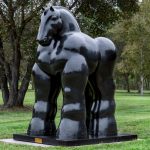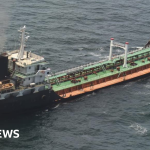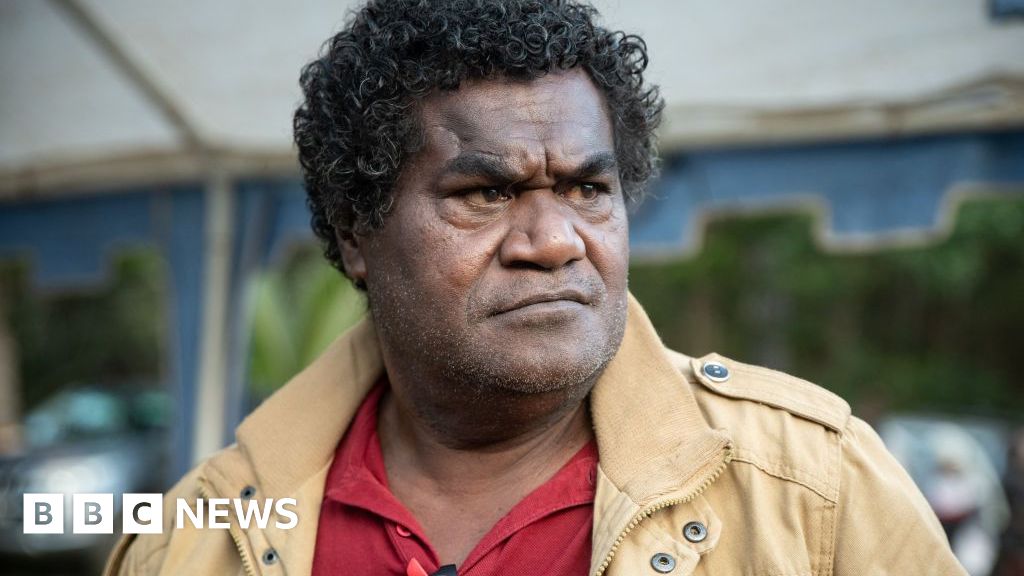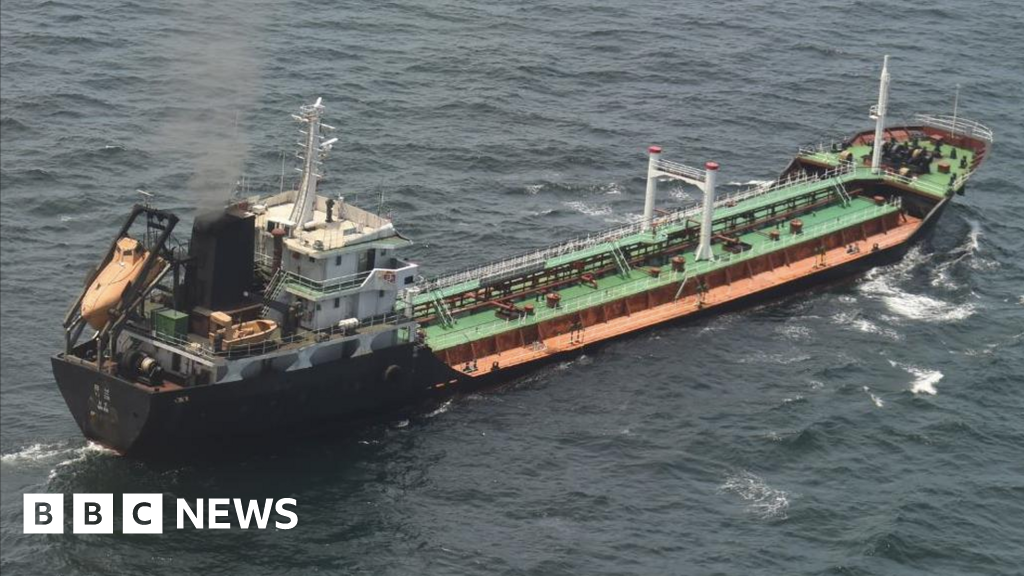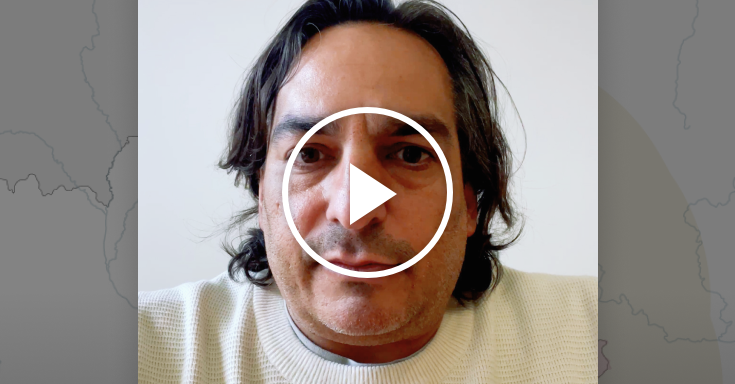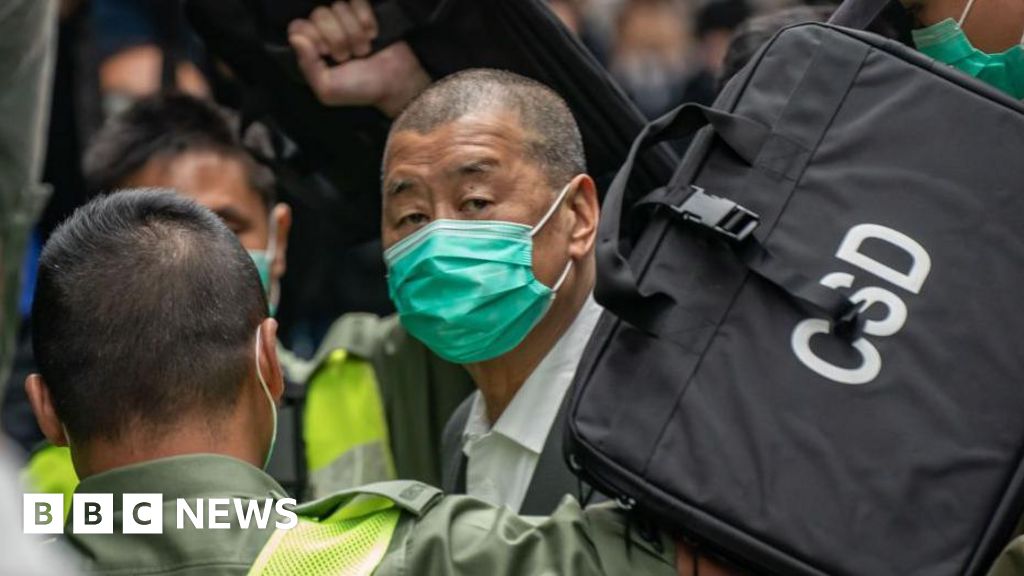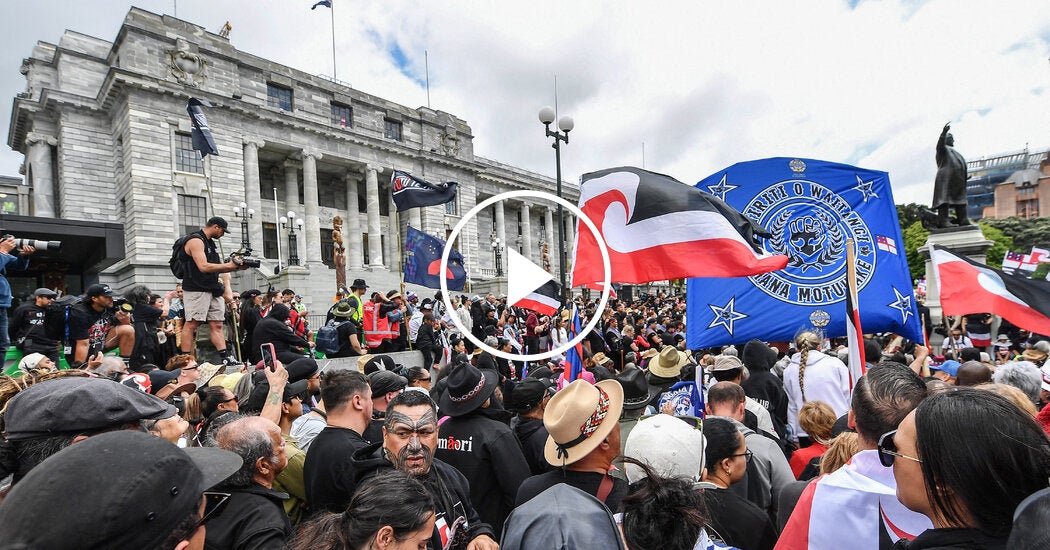By Jacqueline Howard, BBC News
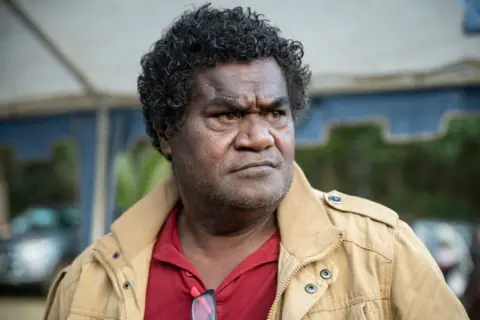 Getty Images
Getty ImagesA pro-independence leader in the French Pacific territory of New Caledonia has been charged following deadly riots last month.
Christian Tein, head of the group CCAT (“field action coordination cell”), was arrested on Wednesday alongside several others. CCAT is accused of organising the protests that descended into violence.
Nine people including two police officers were been killed and hundreds more wounded after riots, looting and arson gripped the archipelago.
The unrest broke out in mid-May following controversial electoral reforms proposed by French President Emmanuel Macron.
The reforms would have seen voting rights extended to people who had been in the archipelago for at least 10 years, angering some in the indigenous Kanak community.
Mr Tein was arrested for “organised crime” offences, Nouméa Chief Prosecutor Yves Dupas said.
He was among 11 arrested over the violence, including CCAT communications chief Brenda Wanabo, though Mr Tein was the only one whose specific charge has been announced.
“My client never imagined she would find herself here. She’s extremely shocked, in her eyes she’s just an activist,” Thomas Gruet, a lawyer for Ms Wanabo, told the AFP news agency.
Interior Minister Gerald Darmanin described the CCAT a “mafia-style organisation”, however CCAT has maintained that it is not to blame for the riots.
France deployed some 3,500 security forces personnel to respond to the unrest through May, which forced the temporary closure of the international airport in Nouméa.
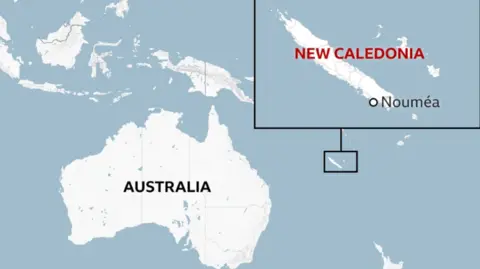
Currently, voting in the territory is restricted to indigenous Kanaks and those who arrived from France before 1998.
The planned reform would see more French residents – including any who have been in New Caledonia for at least 10 years – able to vote.
Many Kanaks worried that their political power could be diluted and feared any future independence referendum would be harder to achieve.
On June 13, Mr Macron suspended the bill containing the proposed reforms.
France colonised New Caledonia in 1853 and made it an overseas territory in 1946, granting rights to Kanaks.
Today, New Caledonia has a population of about 300,000 people, including 112,000 Kanaks.



